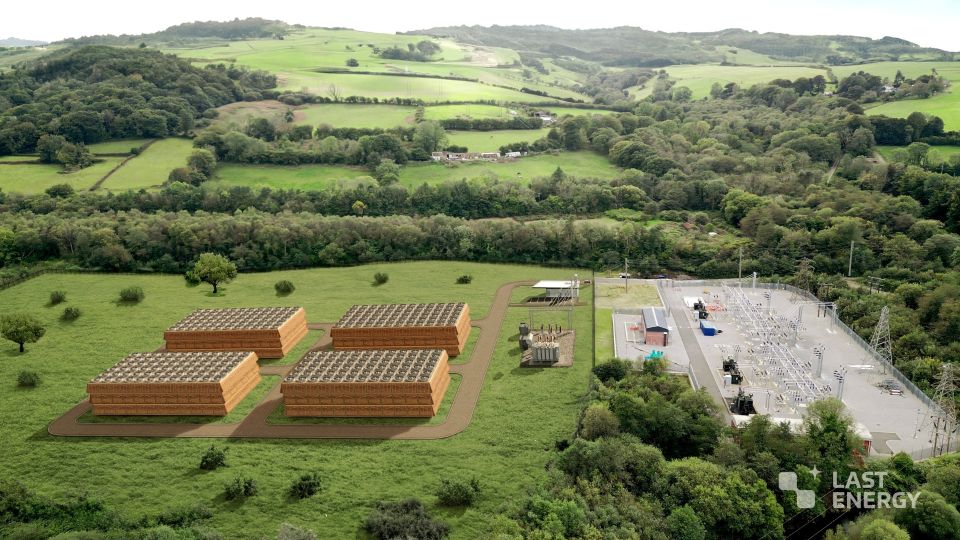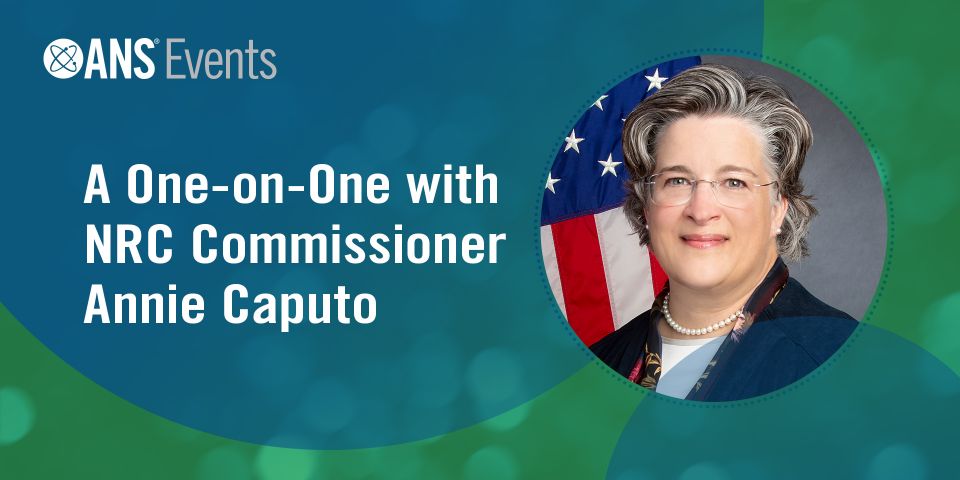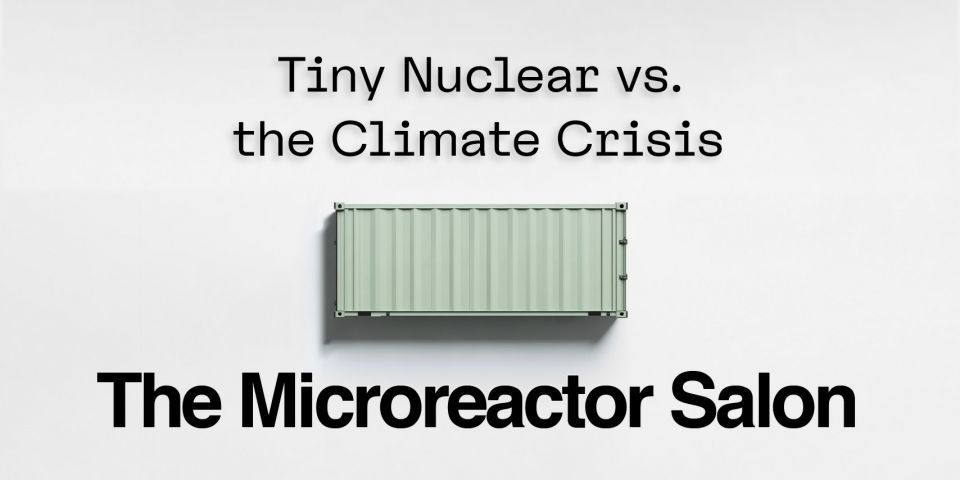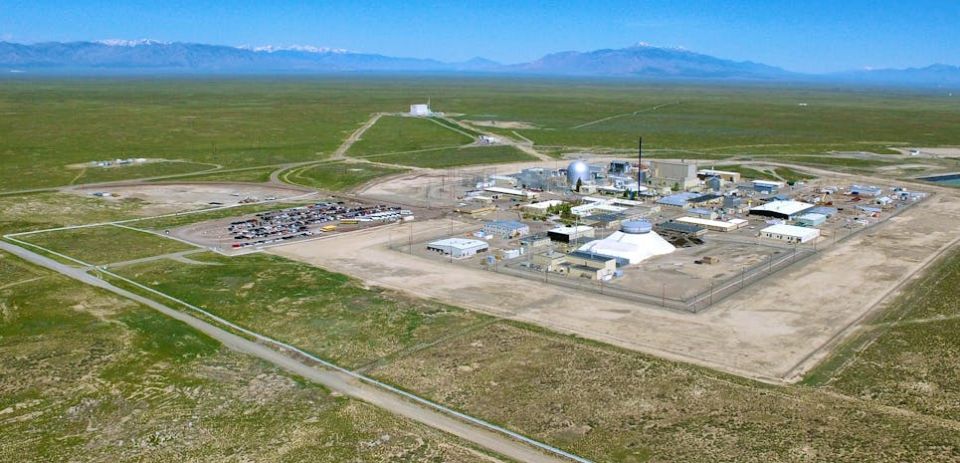The agreement, signed by Last Energy chief executive officer Bret Kugelmass and director colonel Darius Užkuraitis of the NATO ENSEC, is the first such agreement between the NATO ENSEC and a nuclear energy company, according to Last Energy.
The NATO ENSEC: The NATO Energy Security Centre of Excellence is one of 28 NATO-accredited expert bodies that advise member militaries on strategy and technologies in particular fields. Founded in 2012, it works with partners in industry, academia, and government to research and develop solutions for NATO militaries in order to ensure energy resilience and efficiency as well as critical energy infrastructure safety.
Lithuania is the framework nation for the NATO ENSEC, which has nine sponsoring nations: Estonia, France, Germany, Italy, Latvia, Poland, Turkey, the United Kingdom, and the United States. Finland, Georgia, and Ukraine are “contributing partners.”
Microreactor benefits: While the R&D partnership between Last Energy and NATO ENSEC does not include orders for microreactors on NATO bases, the size, transportability, and siting flexibility of many microreactor designs could make them well suited for military installations. Microreactors can typically be sited at the point of need, allowing for a direct power connection and enabling the end user to circumvent the traditional bandwidth restraints and price volatility of the grid.
“Nuclear energy is unequivocally the most reliable, abundant form of power mankind has ever discovered, and it must become the default solution for NATO militaries as they navigate a new era of great power competition,” said Kugelmass, who stressed that no other resource could provide the 24/7 energy security that was so critical for military bases. “We’re honored to partner with the NATO Energy Security Centre of Excellence, and look forward to creating a roadmap for the adoption of micro-scale nuclear power across NATO installations.”
PWR-20: Last Energy is marketing the pressurized water microreactor it is currently developing, called the PWR-20, which it says “can be factory fabricated, transported, and assembled on-site within 24 months.” The company says it has commercial agreements for over 65 units across Europe.








